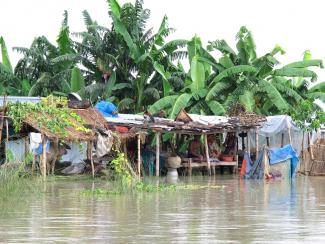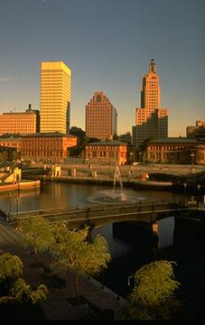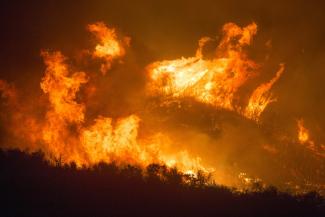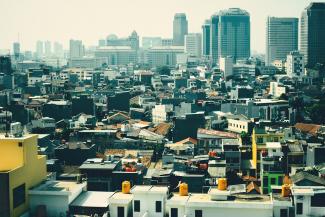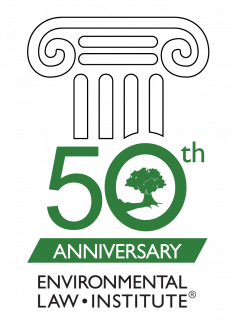Sinking Politics and Climate Migrants: Legal Opportunities for the United States (Part 2)
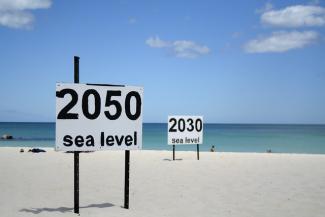
In the past, some domestic and international attempts to alleviate the burdens of migrant populations and establish legal protections for them have been implemented, but many of these protections are not specific enough and lack legally binding measures adequate to ensure that peoples displaced by weather-related disasters are protected on a global scale. International norms are important, as they can at least symbolically set a standard that national governments can follow.
